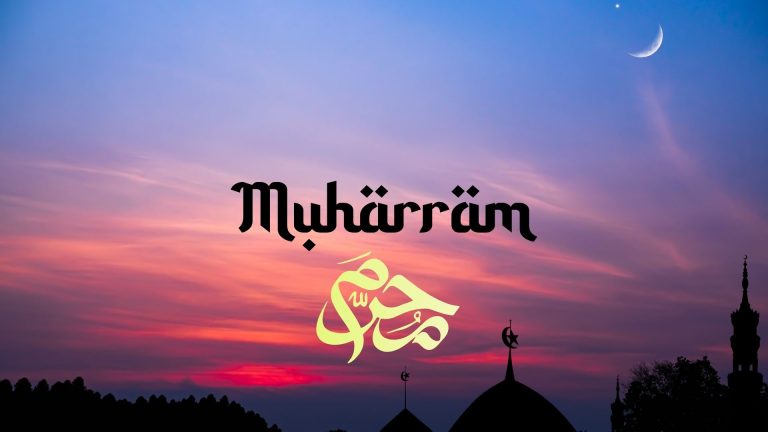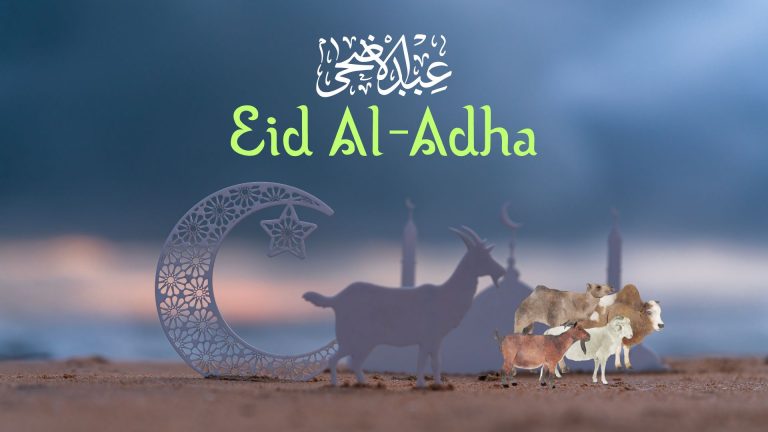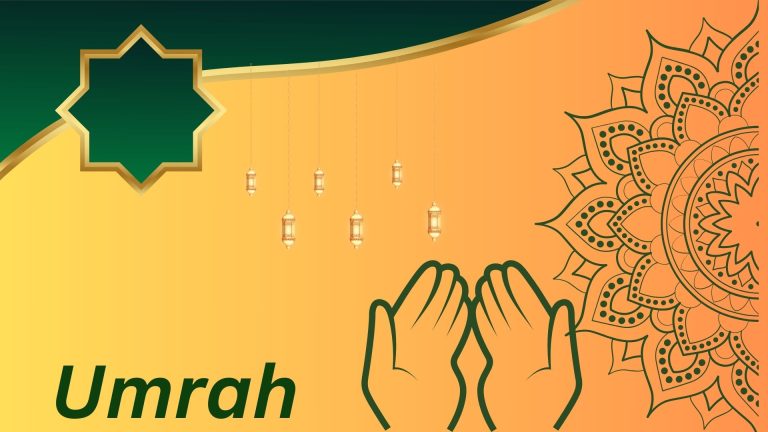Rabi’ Al-Awwal
The Birth of the Beloved
The month of Rabi’ Al-Awwal holds special significance in the Islamic calendar as it commemorates the birth of the Prophet Muhammad (PBUH). His life and teachings serve as a guide for Muslims, offering numerous valuable lessons found in his Sunnah. One example is his care for orphans, a practice highly encouraged and rewarded in Islam.
The Prophet Muhammad (PBUH) himself experienced being an orphan, which instilled in him a deep sense of empathy and compassion for orphaned children. He emphasized the importance of caring for orphans, teaching that those who do so will be rewarded immensely. He famously said, “I and the one who cares for an orphan will be together in Paradise like this,” illustrating his point by holding his two fingers together.
This teaching emphasizes the profound reward and blessing in caring for orphans, reflecting the Prophet’s (PBUH) compassionate nature and highlighting the value of kindness and support towards those in need. It serves as a timeless reminder for Muslims to embody such virtues throughout the year, following the example of the Prophet Muhammad (PBUH).
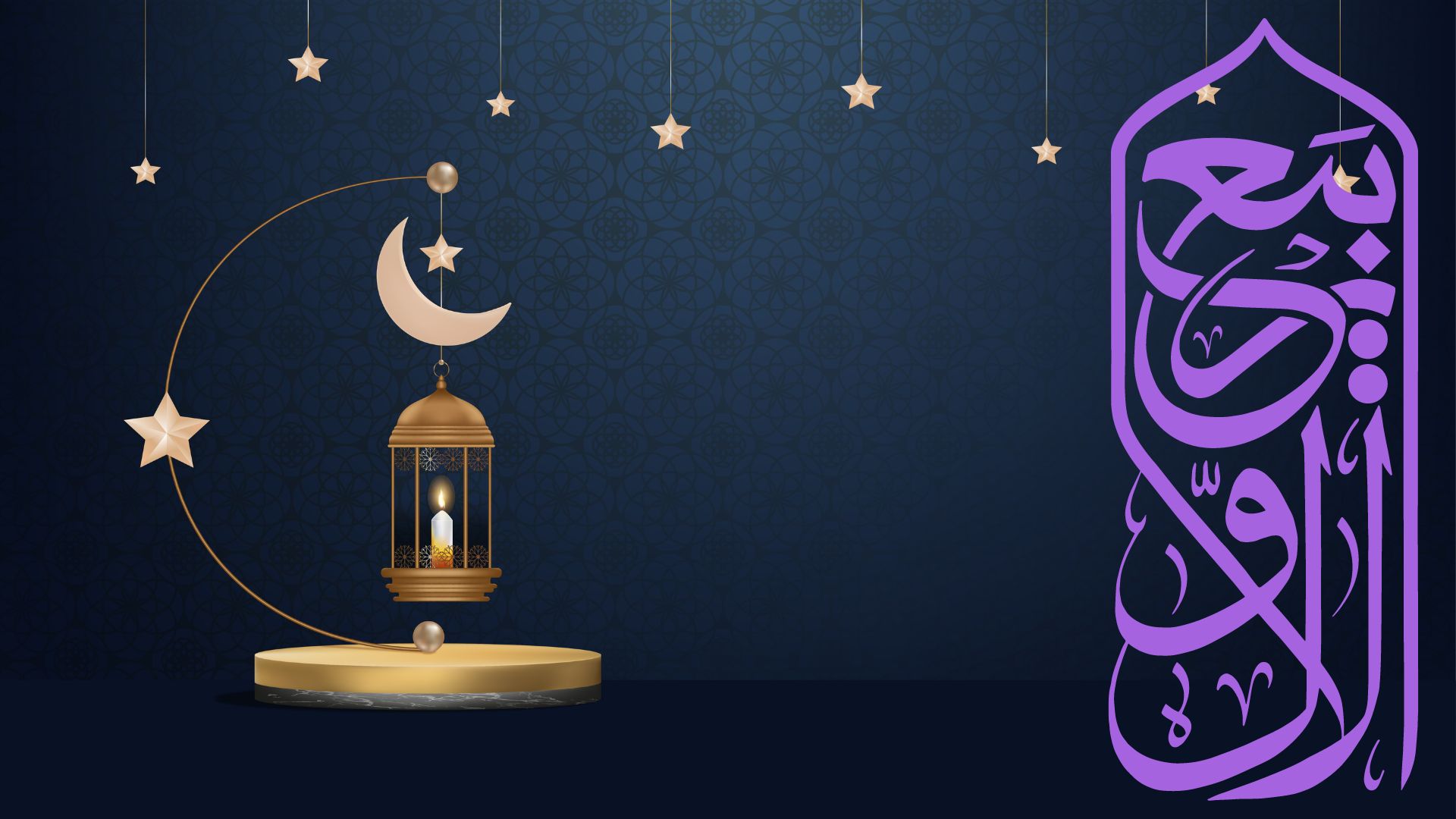
What is Rabi’ Al-Awwal?
Rabi’ Al-Awwal is the third month in the Islamic calendar. It holds great significance for Muslims as it marks the birth month of the Prophet Muhammad (PBUH), a pivotal figure in human history.
Born as an orphan in Makkah in 570 CE, the Prophet Muhammad (PBUH) is described in the Qur’an as a mercy to all worlds: “It was only as a mercy that We sent you (Prophet) to all people.” (Qur’an, 21:107)
While there are differing opinions on the exact date of his birth, some sources suggest it was the 12th day of Rabi’ Al Awwal. It is believed that the Prophet (PBUH) was born on a Monday, which led to the tradition of fasting on Mondays as a recommended practice,
Rabi’ Al-Awwal is the third month in the Islamic calendar. It holds great significance for Muslims as it marks the birth month of the Prophet Muhammad (PBUH), a pivotal figure in human history.
Significance of Rabi’ Al-Awwal in Islam
It holds great significance for Muslims despite not having specific acts of worship associated with it, like Dhul Hijjah and Ramadan. It serves as a time for reflection on the profound impact of the Prophet Muhammad (PBUH) and his pivotal role in Islamic history.
This month marks the passing of the beloved Prophet (PBUH), making it a period of remembrance and contemplation for Muslims worldwide. It is a time to honor his teachings, emulate his character, and strengthen our connection to his message of peace, compassion, and justice.
Many Muslims also commemorate the Prophet’s birth (PBUH) this month, although scholars debate the exact date. This celebration, known as Mawlid al-Nabi, is a time for expressing love and gratitude for the Prophet’s (PBUH) life and teachings.
Virtues of Rabi’ Al-Awwal
It is a special month when Prophet Muhammad (peace be upon him) was born. It’s a time for kindness, coming together, and thinking about our beliefs.
1. Reflect on the legacy of the Prophet Muhammad (PBUH)
The month of Rabi’ Al Awwal offers a profound occasion to ponder the legacy of the Prophet Muhammad (PBUH), whose birth and the subsequent advent of Islam marked a pivotal moment in history.
Allah (SWT) chose the Prophet Muhammad (PBUH) as the guide for humanity, leading to a revolution in the rights of women and the dismantling of oppressive societal structures. The impact of his teachings and actions during his lifetime laid the groundwork for goodness and righteousness for all future generations.
2. Read the Seerah of the Prophet Muhammad (PBUH)
The Seerah (life story) of the Prophet Muhammad (PBUH) provides a unique opportunity to delve into his life, learning from how he navigated through immense challenges and blessings.
The Seerah not only narrates the historical events of his life but also sheds light on the profound revelations and guidance bestowed upon him by Allah (SWT). Understanding the Seerah allows us to draw inspiration and guidance for our lives, following in the Prophet’s (PBUH) footsteps in seeking closeness to Allah (SWT) and serving humanity.
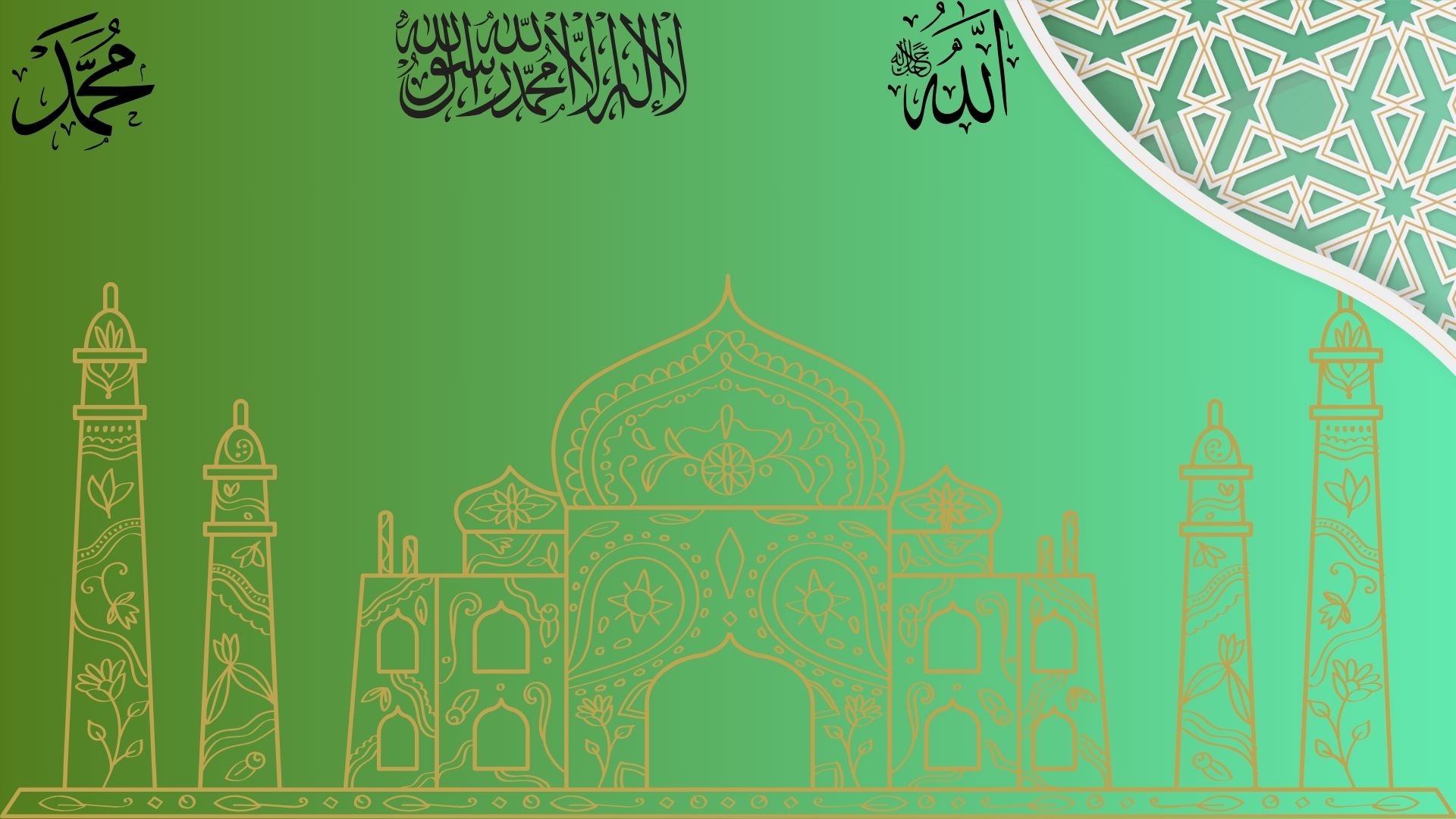
The Importance of Loving the Prophet Muhammad (saw)
“The Prophet is closer to the believers than their own selves” (The Noble Qur’an, 33:6).
In the month of Rabi al-Awwal, it is important to reflect on the significance of Prophet Muhammad (peace be upon him) in our lives. He is the best of creation and should hold a place in our hearts greater than any other place or person, including ourselves.
If we find ourselves lacking in this closeness to the Prophet (peace be upon him), the solution is straightforward: to learn more about his character and his life, which will naturally cultivate love for him within us.
This Rabi al-Awwal, why not read the Sirah (biography) of the Prophet (peace be upon him) to deepen your understanding of the best of creation? It is also beneficial to adopt Prophetic habits, such as visiting the sick and elderly, smiling often, and feeding the poor.
Additionally, we have designed an A2 poster of the Hilye (a decorated description of the Prophet) for you to display in your home, serving as a daily reminder of the Prophet (peace be upon him). We hope it aids you in strengthening your connection with him by the will of Allah.
FAQs
What is the significance of fasting on Mondays in Rabi’ Al Awwal?
Fasting on Mondays in this month is a recommended practice among Muslims, as it is believed to be the day the Prophet Muhammad (PBUH) was born. It serves as a way to commemorate his birth and follow his example.
Is there a specific way to commemorate Rabi’ Al Awwal?
While no specific acts of worship are prescribed for Rabi’ Al Awwal, Muslims often use this month to increase their remembrance of the Prophet Muhammad (PBUH), study his teachings, and emulate his character.
What is Mawlid al-Nabi?
Mawlid al-Nabi is the celebration of the birth of the Prophet Muhammad (PBUH), observed by some Muslims during this month. It is a time for expressing love and gratitude for the Prophet’s life and teachings.
How can I make the most of Rabi’ Al Awwal?
To make the most of this month, you can increase your prayers, study the Seerah of the Prophet Muhammad (PBUH), reflect on his teachings, and embody his character daily.
Conclusion
Rabi’ Al-Awwal is a month of significance and reflection for Muslims worldwide. It commemorates the birth of the Prophet Muhammad (PBUH), whose life and teachings continue to inspire millions. This month, Muslims are encouraged to deepen their understanding of the Prophet’s life and emulate his character.
They’re also urged to strengthen their connection to his peace, compassion, and justice message. Through reflection, study, and acts of kindness, Muslims can honor the legacy of the Prophet Muhammad (PBUH) and strive to embody his teachings in their lives.

